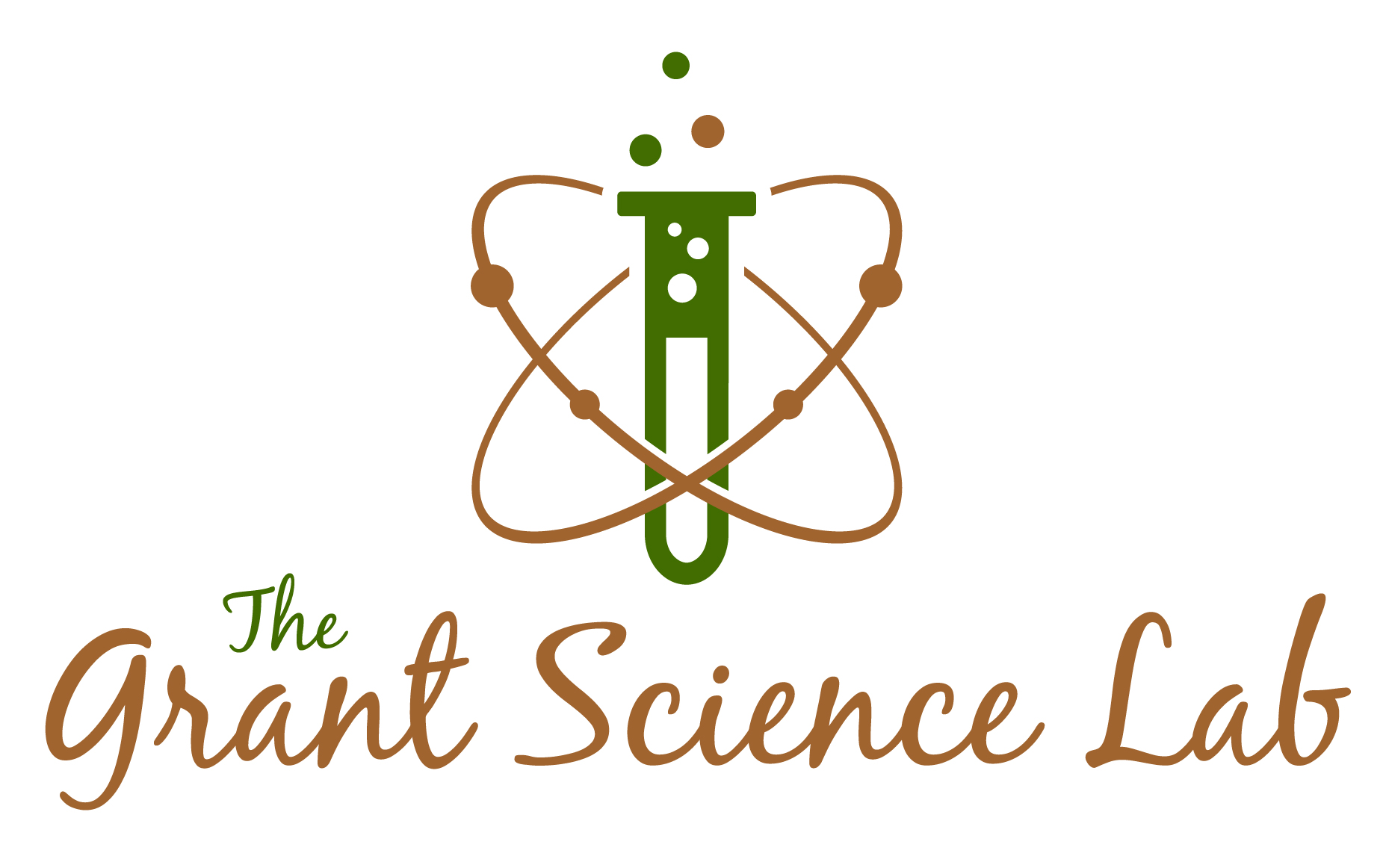NSF CAREER Awards
 An NSF CAREER award is a coveted jewel for many young investigators. It’s not too early to get started before the next submission dates. Sometime ago, in an internet search I stumbled on a doctoral dissertation in communications that analyzed the features of successful NSF CAREER awards. You can find it here to download and read for yourself, OR you can sign up for my newsletter and get the summary report for any upcoming dates.
An NSF CAREER award is a coveted jewel for many young investigators. It’s not too early to get started before the next submission dates. Sometime ago, in an internet search I stumbled on a doctoral dissertation in communications that analyzed the features of successful NSF CAREER awards. You can find it here to download and read for yourself, OR you can sign up for my newsletter and get the summary report for any upcoming dates.
It was a lot of work to reduce a 200+ page dissertation to a 10 page summary report that is useful to the scientific research community. In my opinion the findings are applicable for most research grant applications. Not surprisingly, they align with my experiences as a PI and faculty member. New researchers can gain insight into the entire proposal process, while experienced researchers will find this a good review and reinforcement. There is something for everyone here and the opportunity to learn something new.
Undergraduates & Research
 I started out as a laboratory dishwasher on an hourly wage. It wasn’t an undergraduate research experience. I wouldn’t be a science grant consultant now, a former principal investigator of research grants, or a former university professor of biology without starting out as a lab flunky. I was just a curious kid. I wrote about some of that in Pollinating the Petunias. Nearly 40 years ago, extramural funded research experiences for undergraduates were rare. Independent study or research opportunities were on the books for course credit, but few in my recollection took advantage of it. A friend of mine at the time (now deceased), received an NSF undergraduate research fellowship in chemistry. I was impressed and not a little intimidated by that accomplishment as I was likely what would later be called a second tier student. It was far from glamorous, but for me having that hourly wage job in the lab was better than working at Sears.
I started out as a laboratory dishwasher on an hourly wage. It wasn’t an undergraduate research experience. I wouldn’t be a science grant consultant now, a former principal investigator of research grants, or a former university professor of biology without starting out as a lab flunky. I was just a curious kid. I wrote about some of that in Pollinating the Petunias. Nearly 40 years ago, extramural funded research experiences for undergraduates were rare. Independent study or research opportunities were on the books for course credit, but few in my recollection took advantage of it. A friend of mine at the time (now deceased), received an NSF undergraduate research fellowship in chemistry. I was impressed and not a little intimidated by that accomplishment as I was likely what would later be called a second tier student. It was far from glamorous, but for me having that hourly wage job in the lab was better than working at Sears.
In that lab as a dishwasher and later research assistant, I learned what the process of research was really like. It’s long periods of nothing, if not drudgery; then excitement when results tell a story, only to go back to nothing again. Research takes time. It has its frustrations. These were valuable lessons when I later became undergraduate research coordinator in my faculty position. In that role, mentoring students I always started with time, “Do you have open blocks of time in your schedule?” If the answer was no, then I advised them to take seminar. Then it was about which labs or summer programs were most appropriate. Undergrads in the lab are not for everybody. They take more time and make more mistakes. Unfortunately nobody really tracked who went on to graduate school, but I know anecdotally that those experiences were important to them.
Nationally, we worry about STEM education, but have a surplus of life scientists. Where does undergraduate life science research fit into STEM career training? It’s really not about STEM education any way; it’s about the T for Technology and maybe the E of Engineering. The S for Science and the M for Math get the short straw. Math and the Natural Sciences are the foundation for Engineering and Technology. I wish more proponents of STEM educational efforts understood that.
A young undergraduate I know summed up her research experience this way:
“Investigated many possible protocols, read forty-year-old journal articles, repeatedly banged head against wall, occasionally managed to produce an uncontaminated culture of cyanobacteria, {and} wrote some stuff down.”
Undergraduate research should be about critical thinking and the process of science. This young woman gets it. She has had a taste of the frustration that happens all too often. Those are important life lessons applicable to many careers and jobs, even those outside of the STEM disciplines. Is it crazy to be mining 40-year-old journal articles? No. What long forgotten idea might lead to a new one? That’s creative. Science is a creative process, which is why STEAM education makes more sense to me, but that is a topic for future posts.
Two Visionaries: V. Bush and FDR
 Seventy years ago President Roosevelt wrote Vannevar Bush, then the head of the Office of Scientific Research and Development, for his recommendations about the future of the war effort research and development “in the days of peace ahead for the improvement of the national health, the creation of new enterprises bringing new jobs, and the betterment of the national standard of living.” FDR asks four questions. These four questions are just as applicable in November of 1944 as they are now in November of 2014. In summary they deal with (1) the declassification of scientific and technical contributions for general knowledge and their use for the public good (2) disease prevention and the future for ongoing biomedical research (3) The role of government in both public and private research endeavors (4) the development of young scientific talent to continue the momentum.
Seventy years ago President Roosevelt wrote Vannevar Bush, then the head of the Office of Scientific Research and Development, for his recommendations about the future of the war effort research and development “in the days of peace ahead for the improvement of the national health, the creation of new enterprises bringing new jobs, and the betterment of the national standard of living.” FDR asks four questions. These four questions are just as applicable in November of 1944 as they are now in November of 2014. In summary they deal with (1) the declassification of scientific and technical contributions for general knowledge and their use for the public good (2) disease prevention and the future for ongoing biomedical research (3) The role of government in both public and private research endeavors (4) the development of young scientific talent to continue the momentum.
New frontiers of the mind are before us, and if they are pioneered with the same vision, boldness, and drive with which we have waged this war we can create a fuller and more fruitful employment and a fuller and more fruitful life.”
That momentum sustained and continues to sustain several generations of scientists, even with the current federal budget woes. New frontiers of the mind explains it all. That’s why we do what we do. We scientists are like small children who never stopped asking why? The difference is the drive to answer the why. We find the drive and the data “cool”. Most of the time we are afraid to say so, because it doesn’t seem very serious to the public. It is “cool” that the ESA landed a craft on a comet, in spite of inappropriate attire. Learning something new about the universe and the natural world is a cool thing for us. So is the internet. Read both letters and the report.

